The president and chief executive of Rutgers University Behavioral Health Care is also a core faculty member of Rutgers Global Health Institute.


The president and chief executive of Rutgers University Behavioral Health Care is also a core faculty member of Rutgers Global Health Institute.
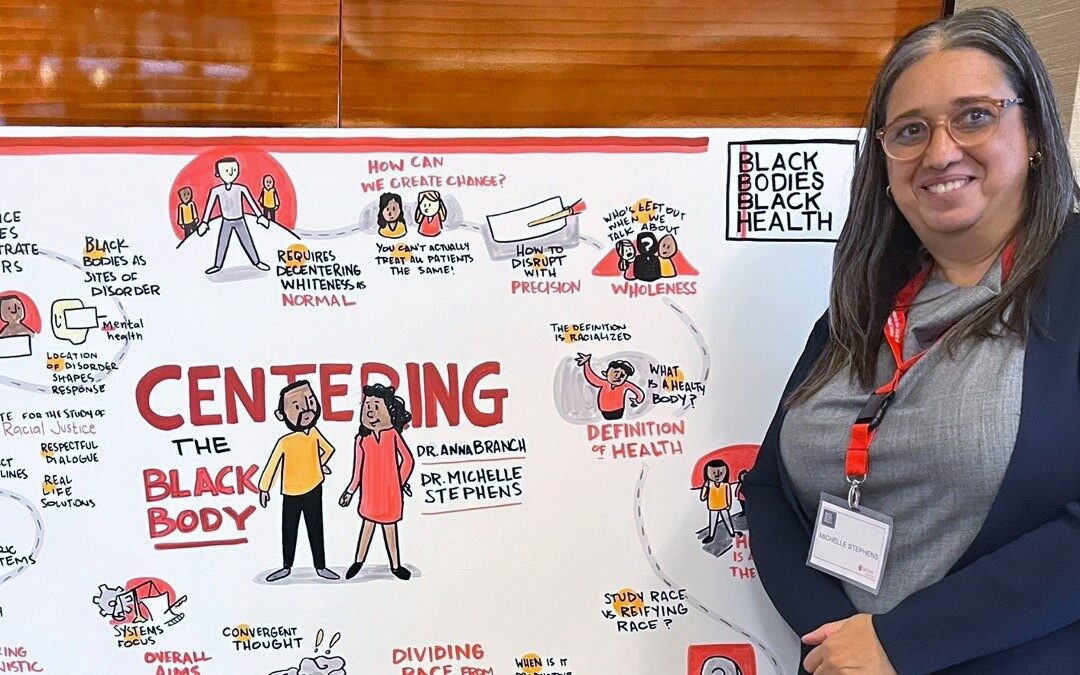
The founding executive director of Rutgers’ Institute for the Study of Global Racial Justice believes that health is “perhaps the most pointed area in which the discrimination against people who look different” has tangible impact. She cofounded the Black Bodies, Black Health project and is a core faculty member of Rutgers Global Health Institute.
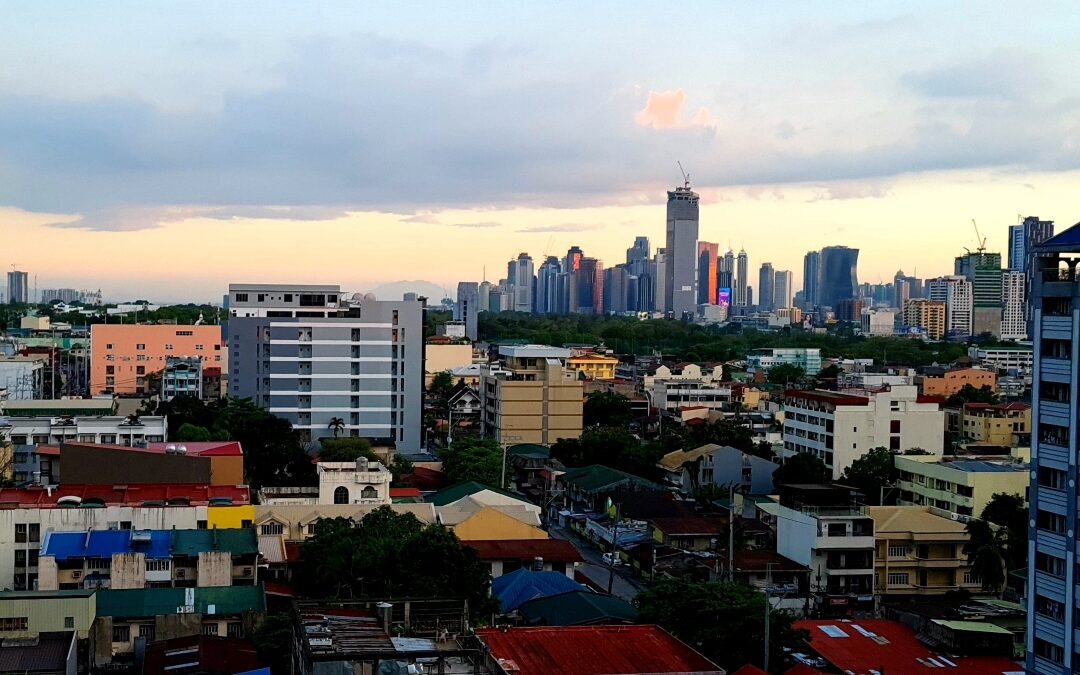
Funded by Global Health Seed Grants, five faculty-led efforts will address disparities related to adolescent pregnancy and sexual health information, immigrant health care access, tuberculosis disease prevention, health communication training, and dementia among indigenous older adults.

Socially disadvantaged children and those from minority backgrounds are less likely to receive services before 36 months of age, a Rutgers study finds.

Funded by Global Health Seed Grants, five faculty-led efforts will address disparities related to postpartum mental health, diseases of poverty, child feeding in farming communities, racial stigma in hospital care, and intimate partner violence.
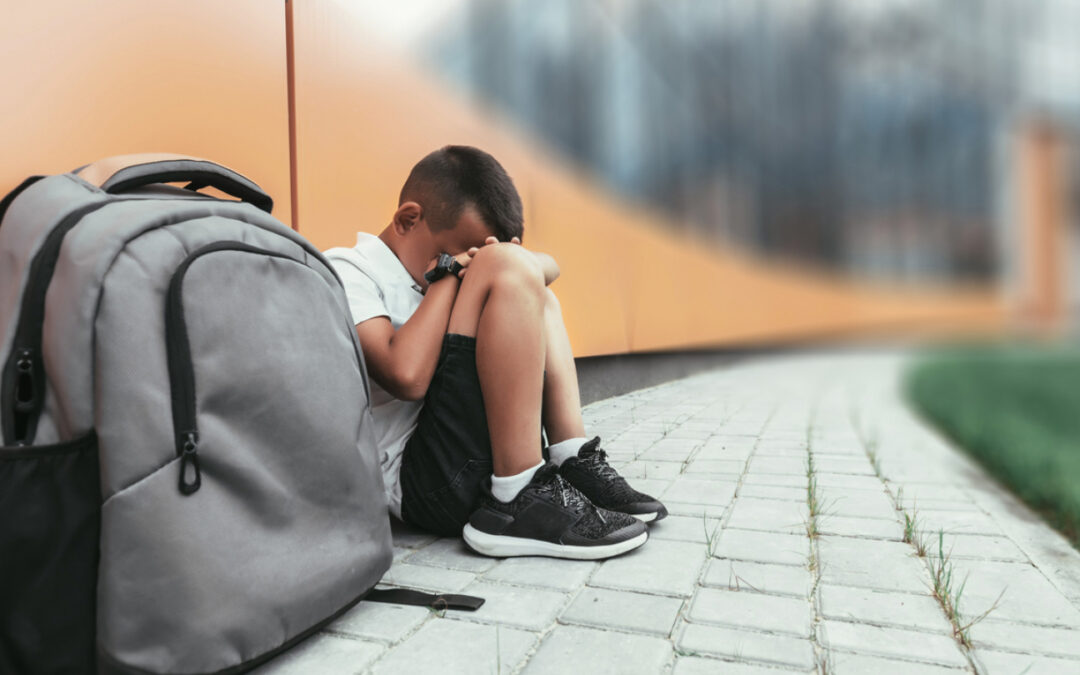
Rutgers University Behavioral Health Care hired an additional 30 mental health clinicians this summer, specifically to work with school districts to promote the social and emotional health of the state’s students, teachers, and staff as the pandemic continues.
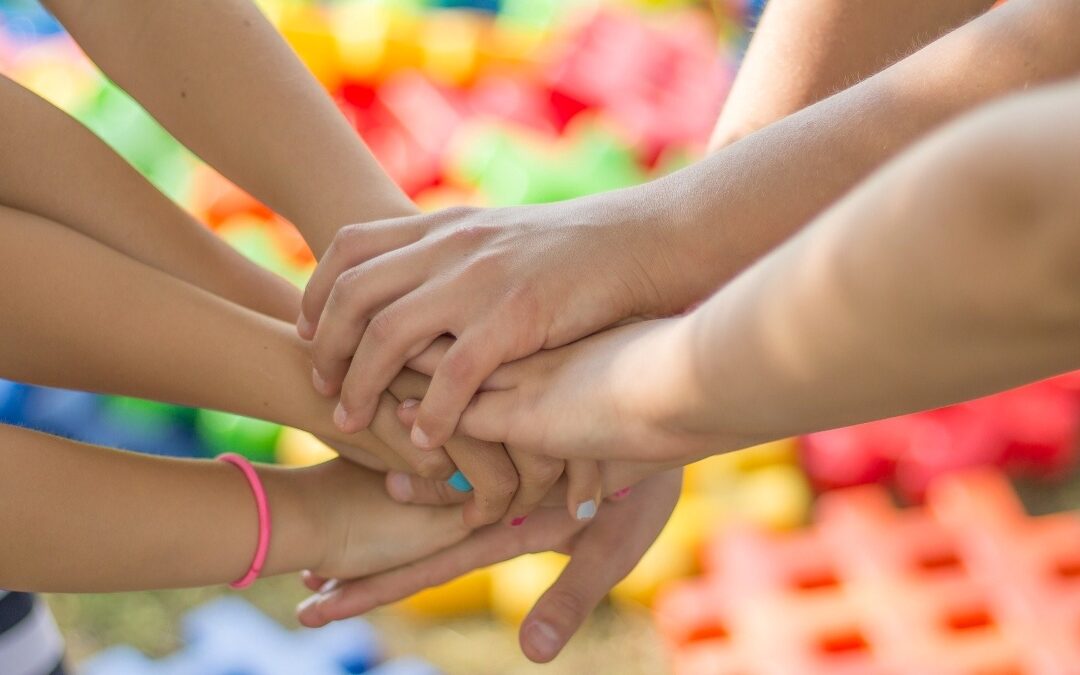
The dashboard, which displays information to help state residents, stakeholders, and policy makers understand the range of services available to youth and families, comes at a critical time. The pandemic continues to impact children and youth, who face increased levels of anxiety, stress, isolation, and a sense of loss and grief.

The pressing need for comprehensive mental health services for New Jersey’s young people—including youth in underserved and underrepresented communities—has inspired a Rutgers alumna to help transform youth mental health care and research in the state.
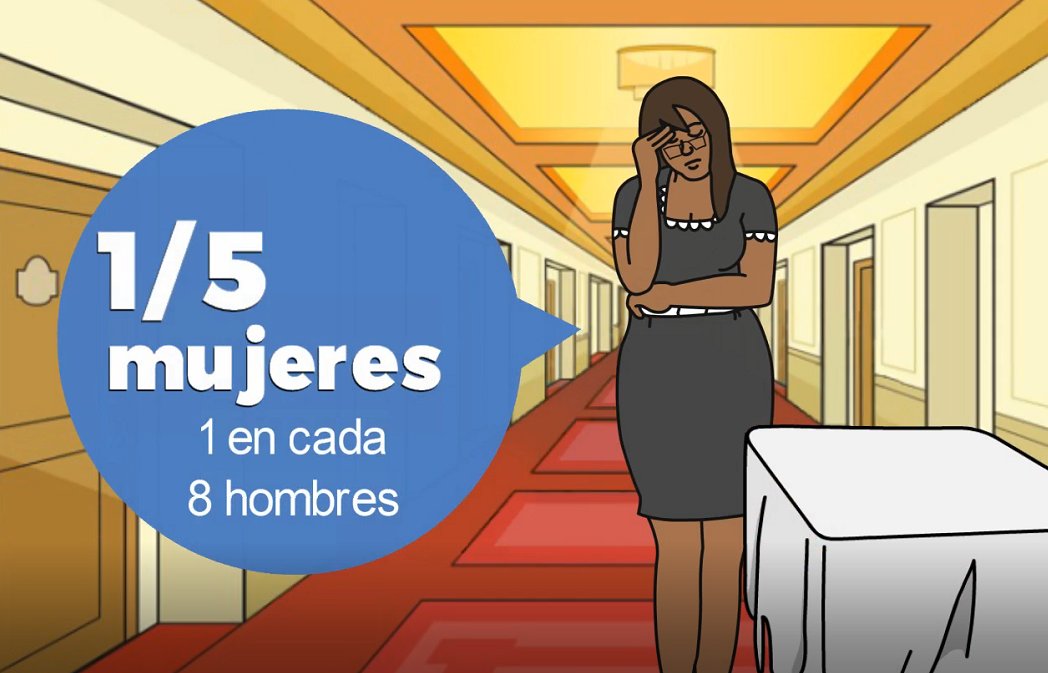
Nursing science faculty member Susan Caplan, an authority on the assessment and treatment of mental health issues in Latino communities, offers practical tips for developing cultural competence while working in global health.